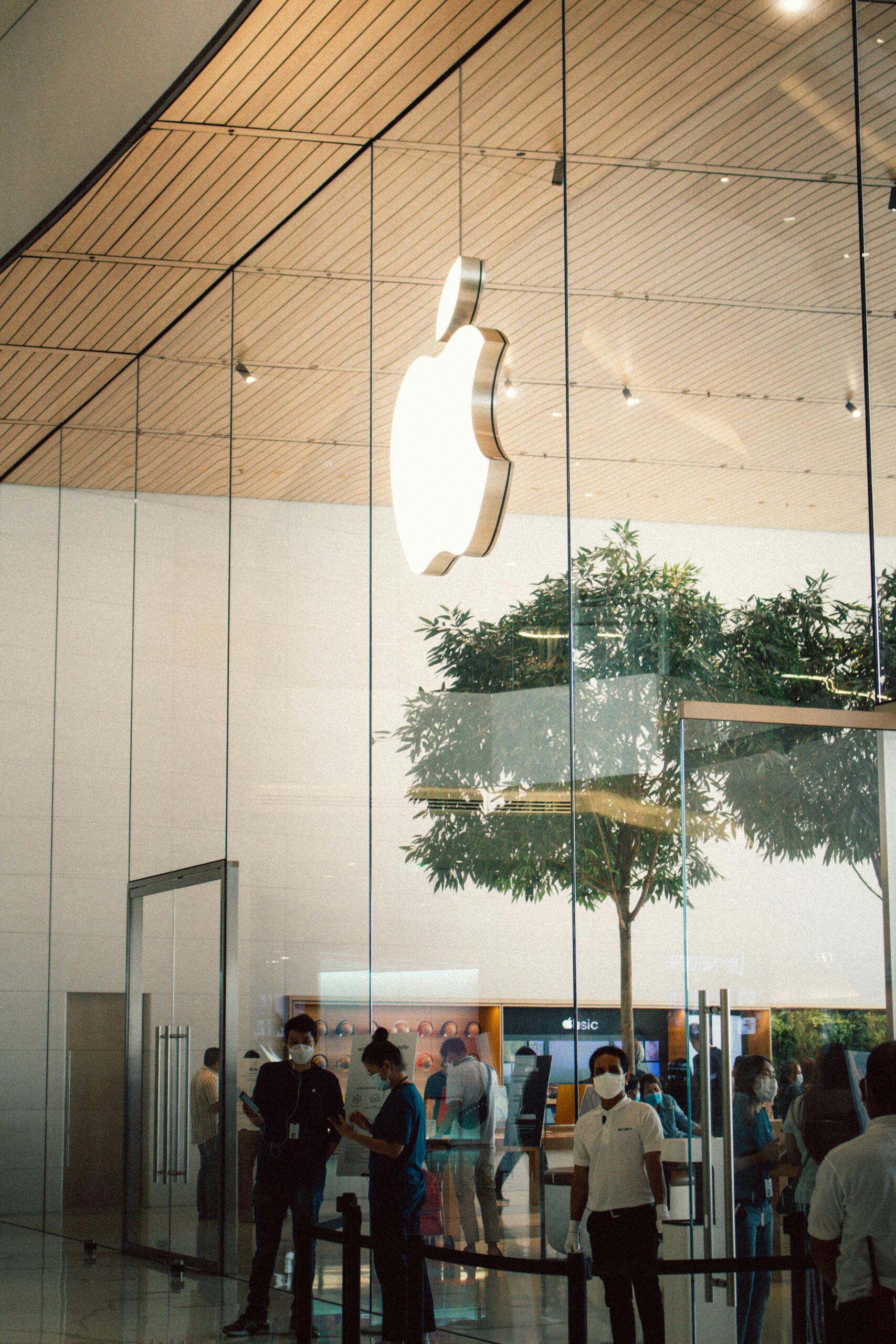Apple Faces Antitrust Lawsuit
The Justice Department has recently filed a sweeping antitrust lawsuit against Apple, alleging that the tech giant has created an illegal monopoly in the smartphone market. According to the lawsuit, Apple’s practices have excluded competitors, hindered innovation, and artificially inflated prices.
Deputy Attorney General Lisa Monaco asserts that Apple has locked consumers into the iPhone, while simultaneously excluding competitors from the market. This has impeded progress in a market that Apple itself revolutionized, effectively stifling an entire industry. Apple, in response, has called the lawsuit incorrect both in terms of facts and legal interpretation, and has vowed to defend itself vigorously.

The lawsuit targets various aspects of Apple’s business practices, including- Limiting functionality of non-Apple smartwatches. Restricting access to contactless payment for third-party digital wallets. Refusing to allow its iMessage app to exchange encrypted messages with competing platforms.
Furthermore, the lawsuit aims to prevent Apple from undermining technologies that compete with its own apps, particularly in areas such as streaming, messaging, and digital payments. It seeks to curtail Apple’s ability to create contracts with developers, accessory makers, and consumers that perpetuate its monopoly position.
The Justice Department has recently filed a sweeping antitrust lawsuit against Apple, alleging that the tech giant has created an illegal monopoly in the smartphone market. According to the lawsuit, Apple’s practices have excluded competitors, hindered innovation, and artificially inflated prices.
Deputy Attorney General Jonathan Kanter, head of the antitrust division, emphasized the Department of Justice’s legacy in taking on major monopolies throughout history. The lawsuit aims to promote competition and innovation in the next generation of technology.
Antitrust researcher Dina Srinavasan, a Yale University fellow, drew parallels between this lawsuit and the government’s action against Microsoft decades ago, characterizing it as a significant battle against one of the world’s most prosperous companies.
President Joe Biden has called for vigorous enforcement of antitrust statutes, even though some business leaders have criticized the Democratic administration’s approach as overreach. The case specifically targets Apple’s tightly controlled ecosystem, often referred to as a “walled garden,” where meticulously designed hardware and software seamlessly coexist, but at the cost of limiting consumer choice.
The strategy has propelled Apple to achieve an annual revenue of nearly USD 400 billion and, until recently, a market value exceeding USD 3 trillion. However, Apple’s shares have declined by 7% this year, even as most of the stock market has reached new highs, allowing long-time rival Microsoft to claim the title of the world’s most valuable company.
In response to the lawsuit, Apple contends that it would impede their ability to create the kind of technology people expect from the company, where hardware, software, and services seamlessly intersect. They argue that it would establish a dangerous precedent, granting the government significant influence in shaping people’s technology.
Apple emphasizes its commitment to innovation, designing products that not only work seamlessly together but also prioritize privacy and security for users. The lawsuit, they assert, jeopardizes the core principles that set Apple products apart in fiercely competitive markets.
The concept of the “walled garden” has been central to Apple’s defense. This tightly controlled ecosystem is highly valued by consumers who seek the best protection for their personal information. Apple contrasts this approach with devices running Google’s Android software, which are less restrictive and licensed to a broader range of manufacturers.
While Apple claims to champion user data protection, critics argue that their app store fee structure and partnership with Google search may compromise privacy. Consumer Reports senior researcher Sumit Sharma expressed concerns about erosion of privacy due to these practices.
The recent lawsuit against Apple raises several critical points. Here are the key arguments:
Pricing and Margins–
Apple charges as much as USD 1,599 for an iPhone, with profit margins significantly higher than industry norms. When users conduct internet searches, Google shares a substantial portion of the advertising revenue generated with Apple.
App Store Fees-
Apple’s app store imposes fees on developers, taking up to 30% of an app’s price from consumers.
Privacy vs. Profit-
Critics argue that Apple’s claim to prioritize user privacy is hypocritical when profits are at stake.
While iMessage is protected by end-to-end encryption, this security vanishes when communicating with non-Apple devices.
Surveillance Advertising-
Prominent critic Cory Doctorow highlights Apple’s dual standards: blocking Facebook from spying on users while running its own surveillance advertising empire.
Antitrust Concerns-
Fears of an antitrust crackdown have impacted Apple’s stock price. Concerns persist that Apple lags behind Microsoft and Google in developing AI-powered products.
The Walled Garden-
Antitrust regulators view Apple’s tightly controlled ecosystem as a weapon against competition. This approach enables Apple to charge higher prices, resulting in substantial profit margins but stifling innovation.
In the words of Attorney General Merrick Garland, consumers should not bear the brunt of higher prices due to companies breaking the law. Left unaddressed, Apple’s smartphone monopoly will only strengthen.
In its effort to curb Apple’s dominance, the Biden administration is intensifying its antitrust campaign. Lawsuits have already been filed against Google and Amazon, accusing them of employing illegal tactics to suppress competition. Additionally, there have been unsuccessful attempts to block acquisitions by Microsoft and Meta Platforms.
Apple’s business interests are also entangled in the Justice Department’s case against Google. This case, which went to trial last fall, is now heading toward final arguments scheduled to begin on May 1 in Washington, D.C. Regulators allege that Google has hindered competition by securing the rights for its already dominant online search engine to be the automatic choice for handling queries on the iPhone and various web browsers. This arrangement reportedly generates an estimated USD 15 billion to USD 20 billion annually.

